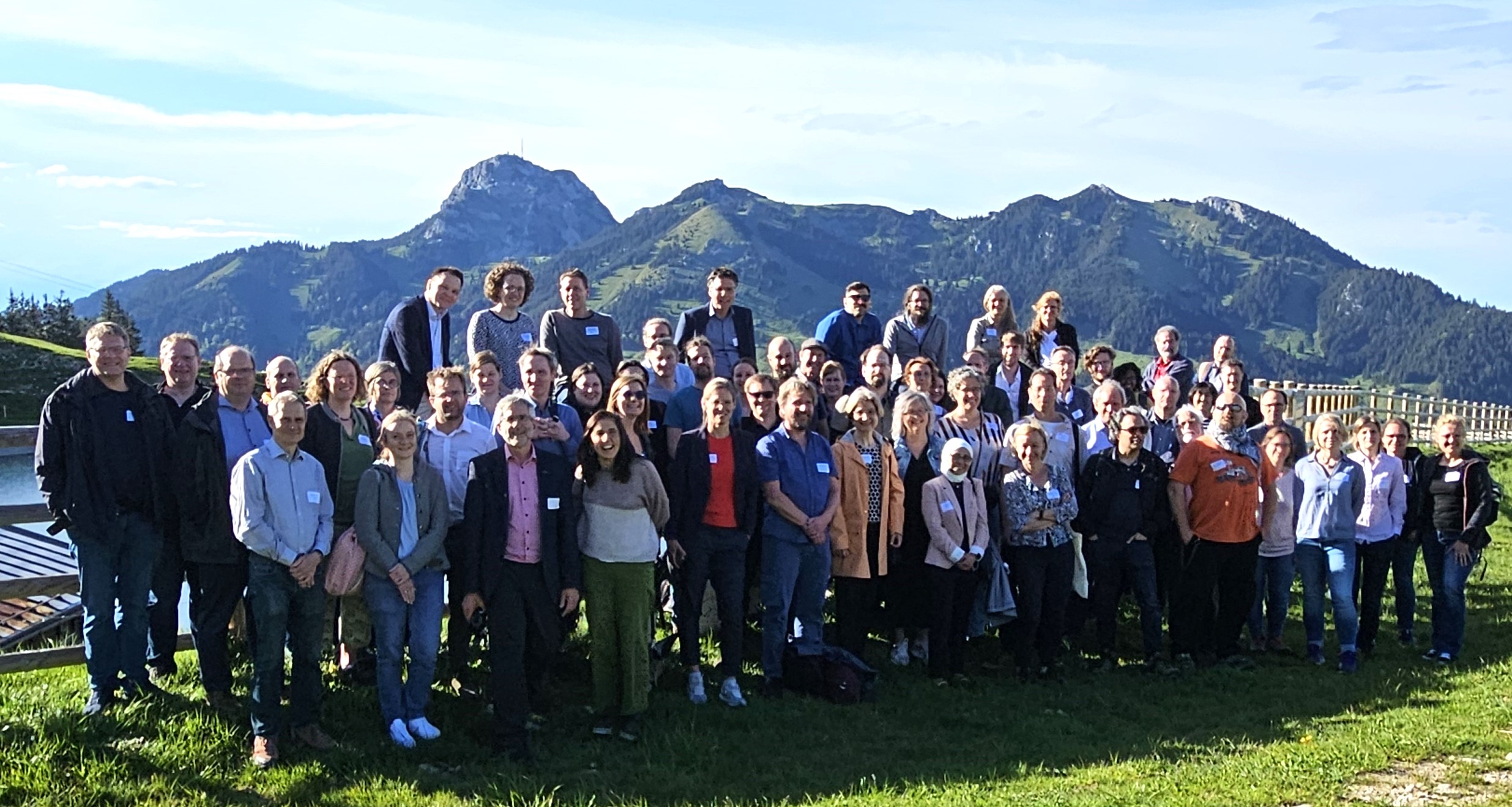Proceedings and videos of keynotes The conference proceedings and recorded keynote videos from the 12th…
The Engineer of 2035 – What changes in Engineering Education are required?
Rodger Hadgraft | University of Technology Sydney
Over the last 2-3 years, the Australian Council of Engineering Deans has been working to define the kinds of graduate competencies we need to be developing by 2035.
The 2035 project has identified several key shifts that are required in engineering education:
- a re-balancing of the theory-practice components of professional engineering education,
- the inclusion of more “real-world” problems with a focus on addressing societal needs;
- young engineers need more exposure to digital engineering, which is, increasingly, the focus of engineering practice,
- it is assumed that all engineering programs will also make more use of e-learning and work integrated learning, and
- it is likely that greater sharing of good practice will also be required.
These recommendations are hardly surprising, as they echo other reviews of the last 25 years, such as the UK Henley report and the US National Academy of Engineering reviews around the Engineer of 2020. The big challenge is how do we change to meet these new requirements before 2035?
This keynote will summarise these international reviews and point the way forward to greater collaboration between our universities and societies, including SEFI, to effect the changes required in engineering education and in our educational institutions.
Prof. Roger Hadgraft is a civil engineer with more than 25 years of experience in improving engineering education, publishing many papers on problem- and project-based learning (PBL), and the use of online technology to support student-centred learning. He is currently Director of Educational Innovation and Research in the Faculty of Engineering and Information Technology, at the University of Technology Sydney, Australia.
